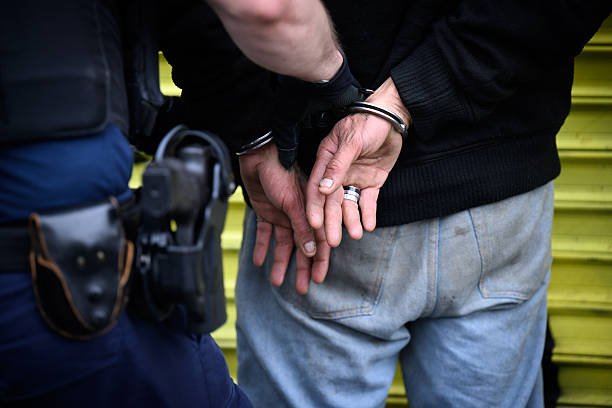- 27 Oct 2025

When someone faces criminal charges, the outcome often depends on more than just eyewitness accounts or physical evidence. In many trials, expert witnesses play a critical role by explaining complex technical, medical, or scientific details that ordinary people might not understand.
These experts help clarify facts, challenge evidence, and ensure the jury and judge can make fair, informed decisions. This article explores the types of expert witnesses in criminal cases, their roles, and how their testimony can impact a trial’s outcome. At the end, you’ll also find five frequently asked questions to help deepen your understanding.
An expert witness is a professional with advanced knowledge, education, or experience in a specific field that relates to the issues being discussed in a case. Unlike a regular witness, who testifies about what they personally saw or experienced, an expert witness can offer opinions based on their expertise.
For instance, a forensic scientist can analyze DNA evidence, or a psychiatrist might testify about a defendant’s mental state during a crime. Their insights help the court interpret evidence that requires specialized understanding.
Expert witnesses are essential to ensuring fairness in criminal cases because they provide clarity and credibility. They can:
Because of their objective knowledge, expert witnesses help bridge the gap between complex data and the decision-makers in court.
Different crimes require different forms of expertise. Below are the most common types of expert witnesses and how they contribute to criminal proceedings.
Forensic experts are often the backbone of modern criminal investigations. They use scientific methods to analyze physical evidence collected from a crime scene.
Their findings are often decisive in proving guilt or innocence.
Medical experts are vital when a case involves injuries, illness, or death. They help the court understand the nature and cause of physical harm or medical conditions.
When mental health plays a role in a crime, psychological experts assess the defendant’s state of mind. They evaluate competency, mental condition, and the impact of emotional or cognitive factors on behavior.
Digital forensic experts specialize in computer and network investigations. They recover deleted files, trace IP activity, and confirm whether electronic evidence has been tampered with. Their work is critical in cases involving fraud, hacking, or identity theft.
These experts analyze weapons, ammunition, and shooting evidence to determine how a weapon was used. They can match bullets to guns, estimate firing distances, and evaluate if a gun malfunctioned or was intentionally fired.
These specialists examine physical clues such as fingerprints, fibers, or paint. Their analysis can place a suspect at the scene or eliminate them based on the evidence recovered.
White-collar crimes like fraud, embezzlement, and money laundering often require financial experts to explain complex transactions. They trace financial flows, expose hidden assets, and clarify accounting irregularities for the jury.
These experts evaluate the presence and effects of substances like alcohol, drugs, or toxins in the body. Their opinions are especially relevant in DUI, poisoning, or drug-related cases.
Engineering experts analyze accidents or failures to determine how they happened. They assess speed, angles of impact, and environmental factors to decide whether negligence or intent played a role.
These professionals review police procedures during investigations. They analyze whether searches, arrests, and evidence handling followed proper legal standards and whether force was used appropriately.
The credibility and clarity of expert witnesses often influence how judges and juries interpret evidence. Their testimony can strengthen or challenge arguments by simplifying complex facts and offering unbiased insights. When used effectively, expert opinions promote fair, evidence-based decisions.
Selecting a qualified expert can make or break a case. Attorneys evaluate background, certifications, courtroom experience, and communication skills. The best experts can translate complex subjects into clear, persuasive explanations that resonate with the jury.
Expert witnesses are vital pillars of the justice system. Whether a forensic scientist decoding DNA or a psychologist assessing mental health, their knowledge ensures fair outcomes. Understanding the types of expert witnesses in criminal cases reveals how specialized knowledge supports truth and justice.
Anyone with proven expertise, training, or experience in a specific area relevant to the case may qualify as an expert witness. The court must be satisfied that their knowledge goes beyond that of an average person.
Regular witnesses testify about what they directly observed, while expert witnesses analyze evidence and provide professional interpretations that help the court understand complex topics.
Yes. Both prosecution and defense teams may call expert witnesses. Sometimes, experts from each side offer differing views, leaving the jury to decide which testimony is more credible.
Judges evaluate whether the expert’s methods are reliable, relevant, and generally accepted in their field before allowing their testimony in court.
If an expert appears biased or unqualified, their testimony may be challenged during cross-examination or excluded by the judge. Courts require all expert evidence to meet high standards of objectivity and reliability.